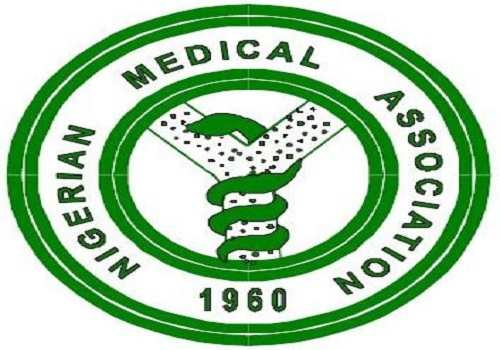World Health Organisation (WHO), yesterday, issued fresh warning on circulation of substandard (contaminated) cough medicines in Cameroon.
WHO, in a statement, said: “This WHO medical product alert refers to a batch of substandard (contaminated) Naturcold syrup identified in Cameroon and first reported to WHO on March 13, 2023. All reasonable precautions have been taken by WHO to verify the information contained in this alert, and this may be updated as more information becomes available.
“The stated active ingredients of Naturcold syrup are listed as paracetamol, phenylephrine hydrochloride and chlorpheniramine maleate. The combination of these three ingredients is used to relieve symptoms associated with common cold, flu, and allergic rhinitis.”
This came as National Agency for Food and Drug Administration and Control (NAFDAC), last week, said it was monitoring the situation, urging Nigerians to buy medicines from approved pharmacies and dealers, and always read labels.
According to WHO, samples of Naturcold syrup from Cameroon were made available to the organisation on June 27, 2023 and analysed in a WHO contracted and prequalified laboratory. It said the analysis found that the product contained unacceptable amounts of diethylene glycol as contaminants.
“Diethylene glycol was detected in samples of Naturcold as much as 28.6 per cent. The acceptable limit for Diethylene Glycol is no more than 0.10 per cent,” it said.
The global health watchdog said the stated marketer of the affected product is listed on the packaging as Fraken International (England).
It added: “The United Kingdom national regulatory authority, the MHRA, has confirmed that no such manufacturer exists in the UK. Enquires are still underway to determine origin of the product. Therefore, the stated manufacturer has not provided guarantees to WHO on safety and quality of these products.
“The product referenced in this alert may have marketing authorisations in other countries or regions. It may also have been distributed through informal markets to neighboring countries.”
WHO had previously published four alerts on other contaminated liquid dosage medicines. Several studies have shown that diethylene glycol and ethylene glycol are toxic to humans when consumed, and could prove fatal.




